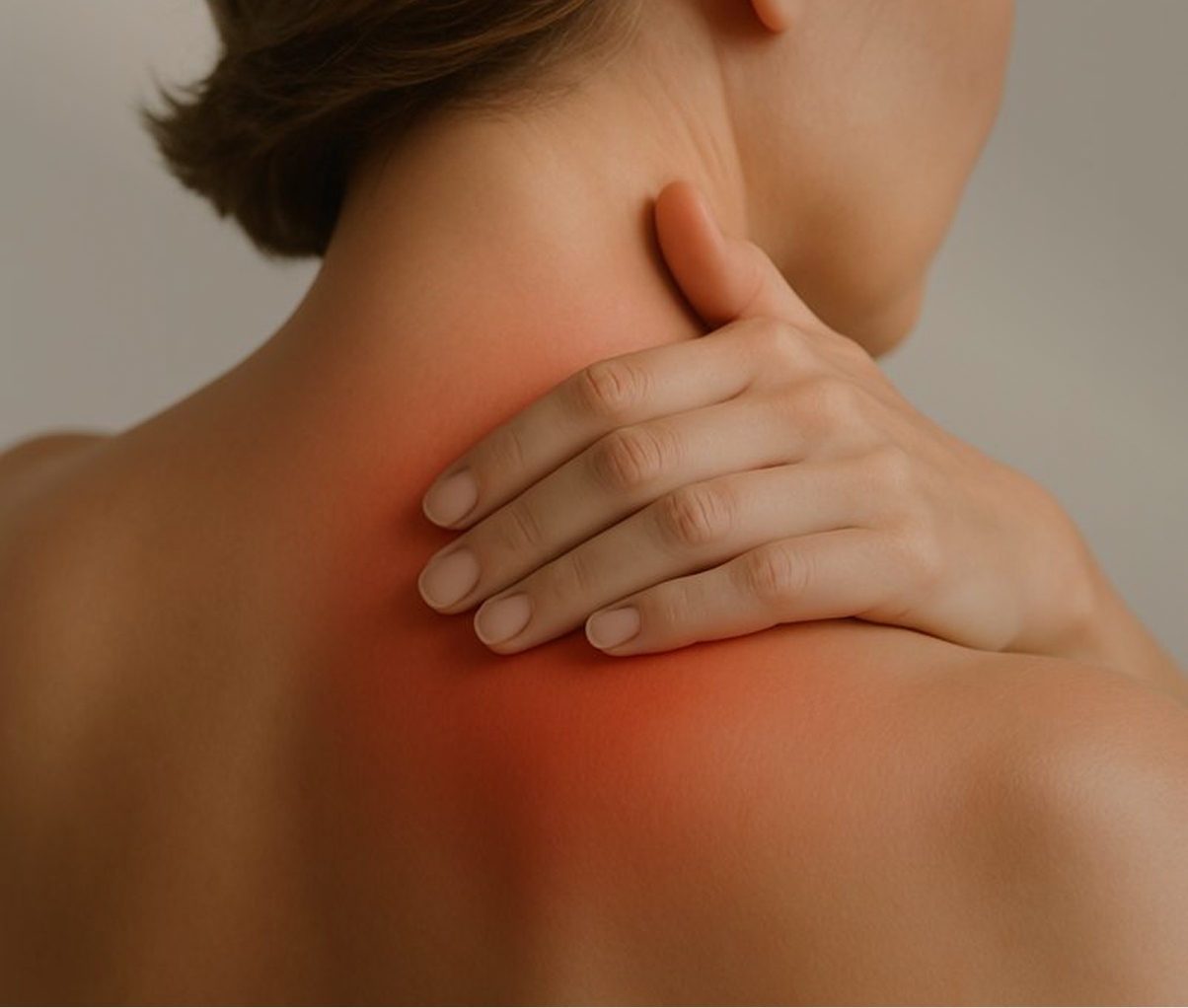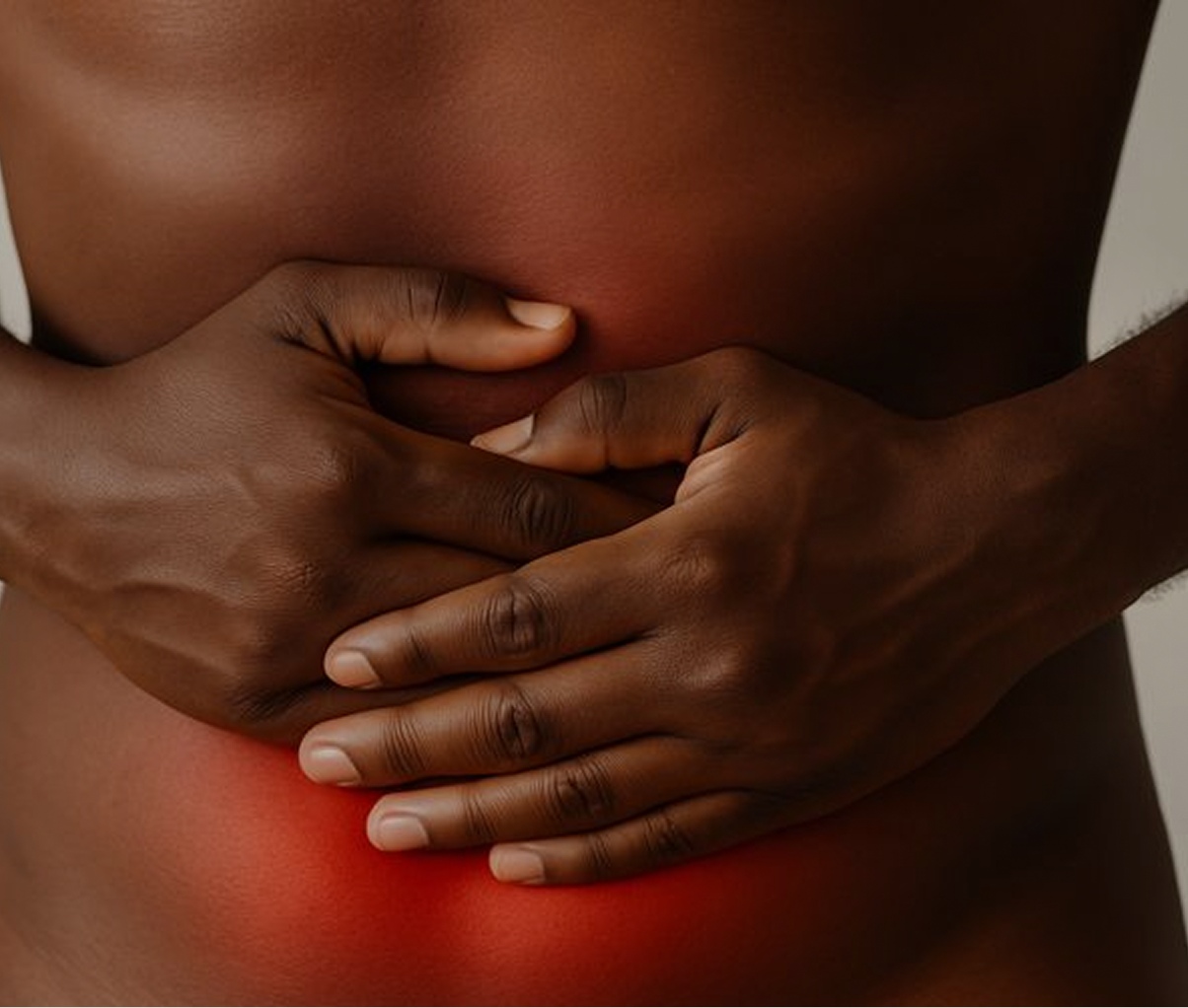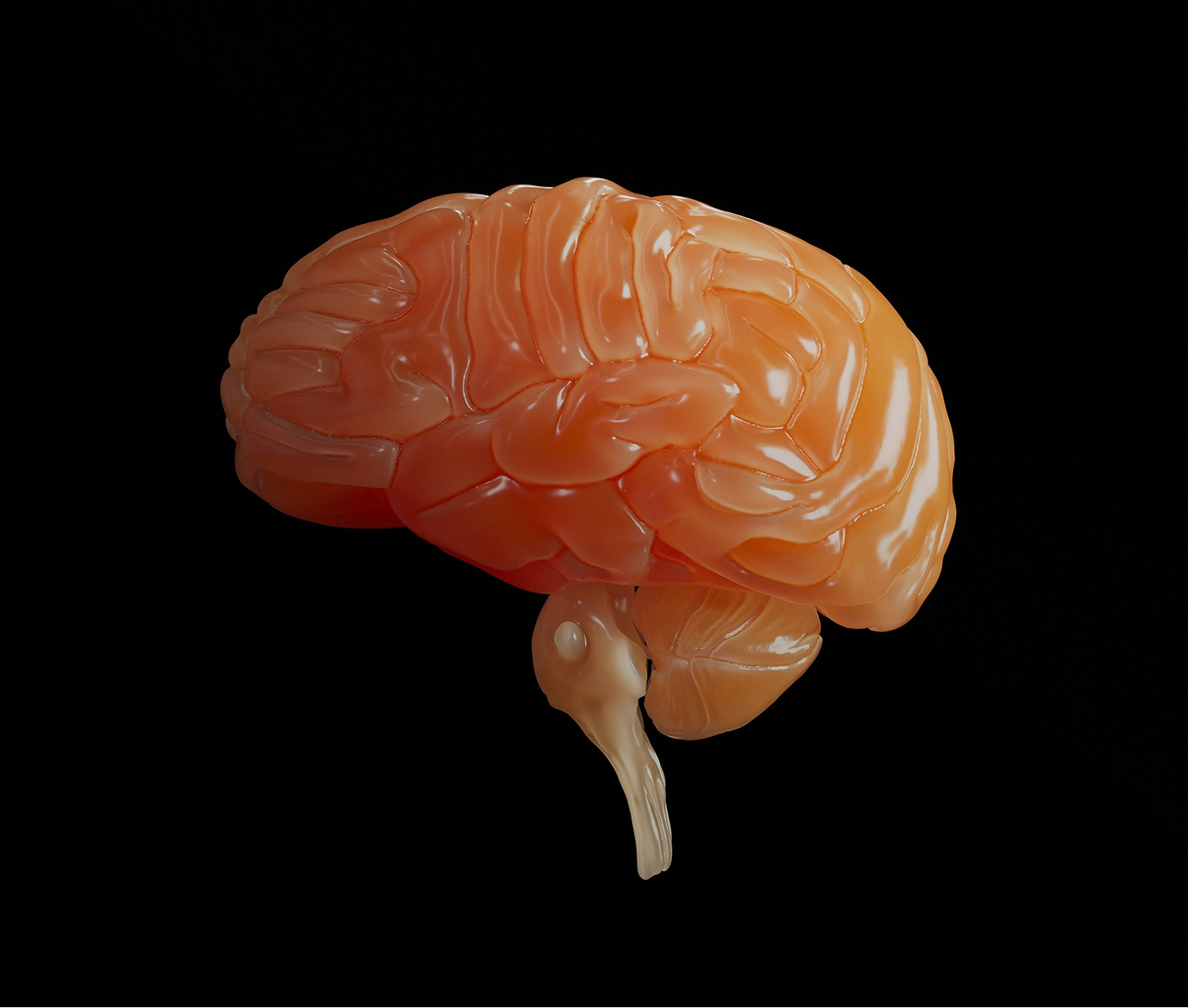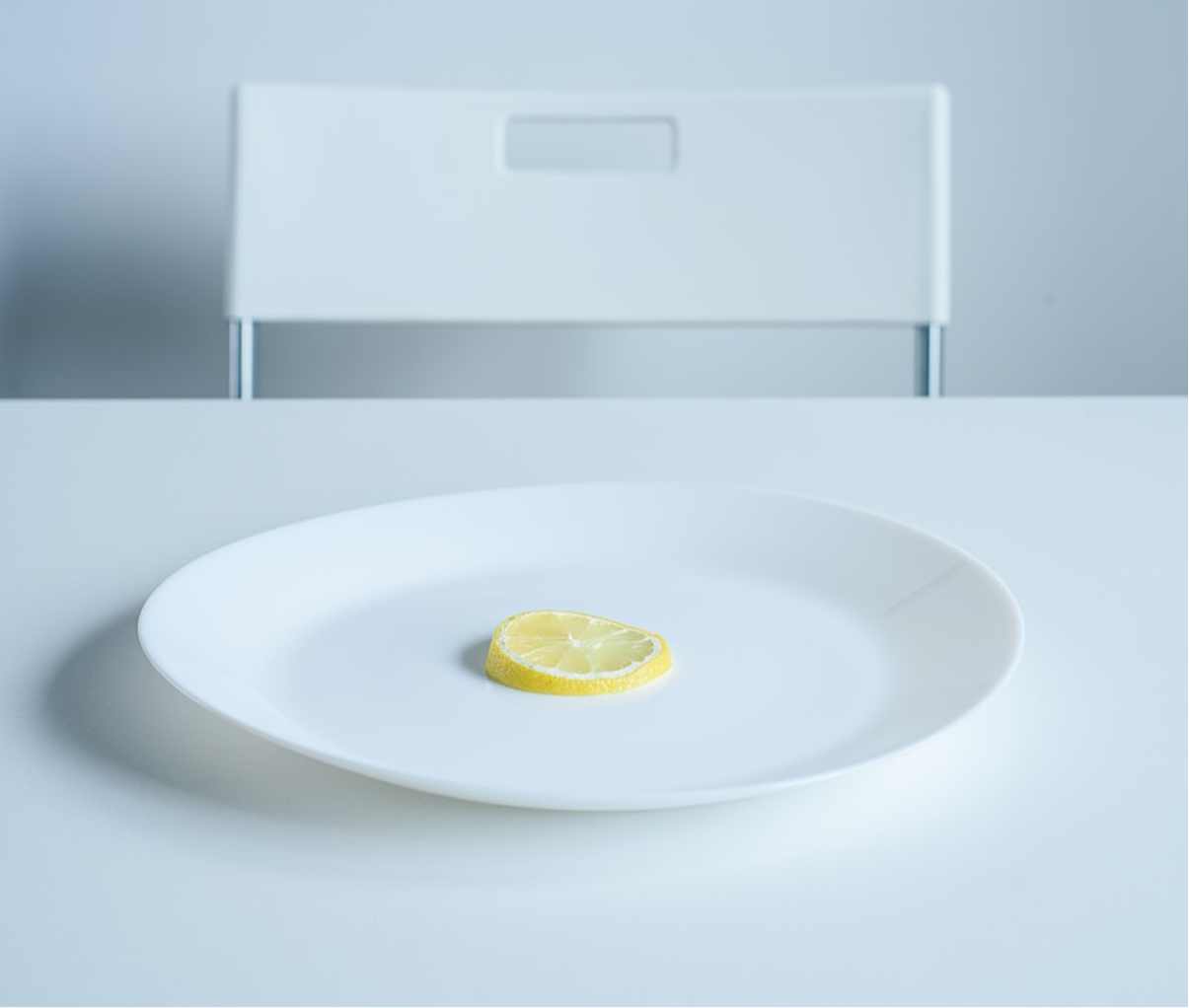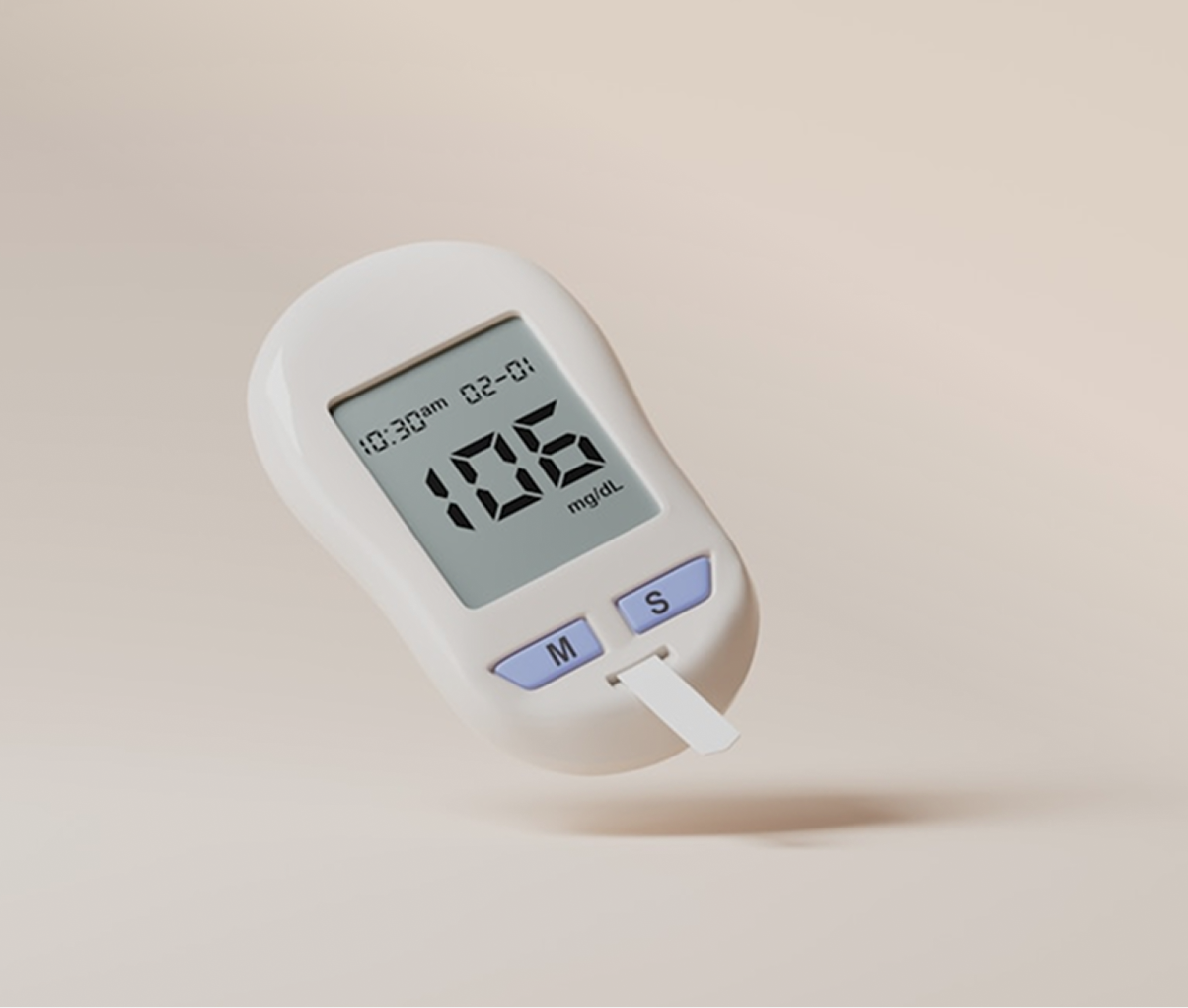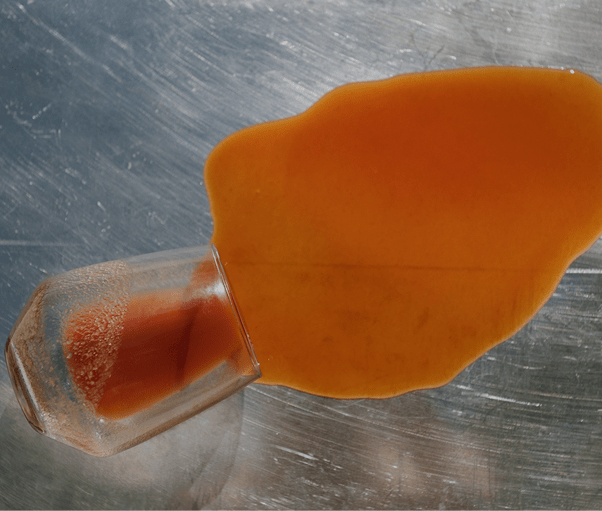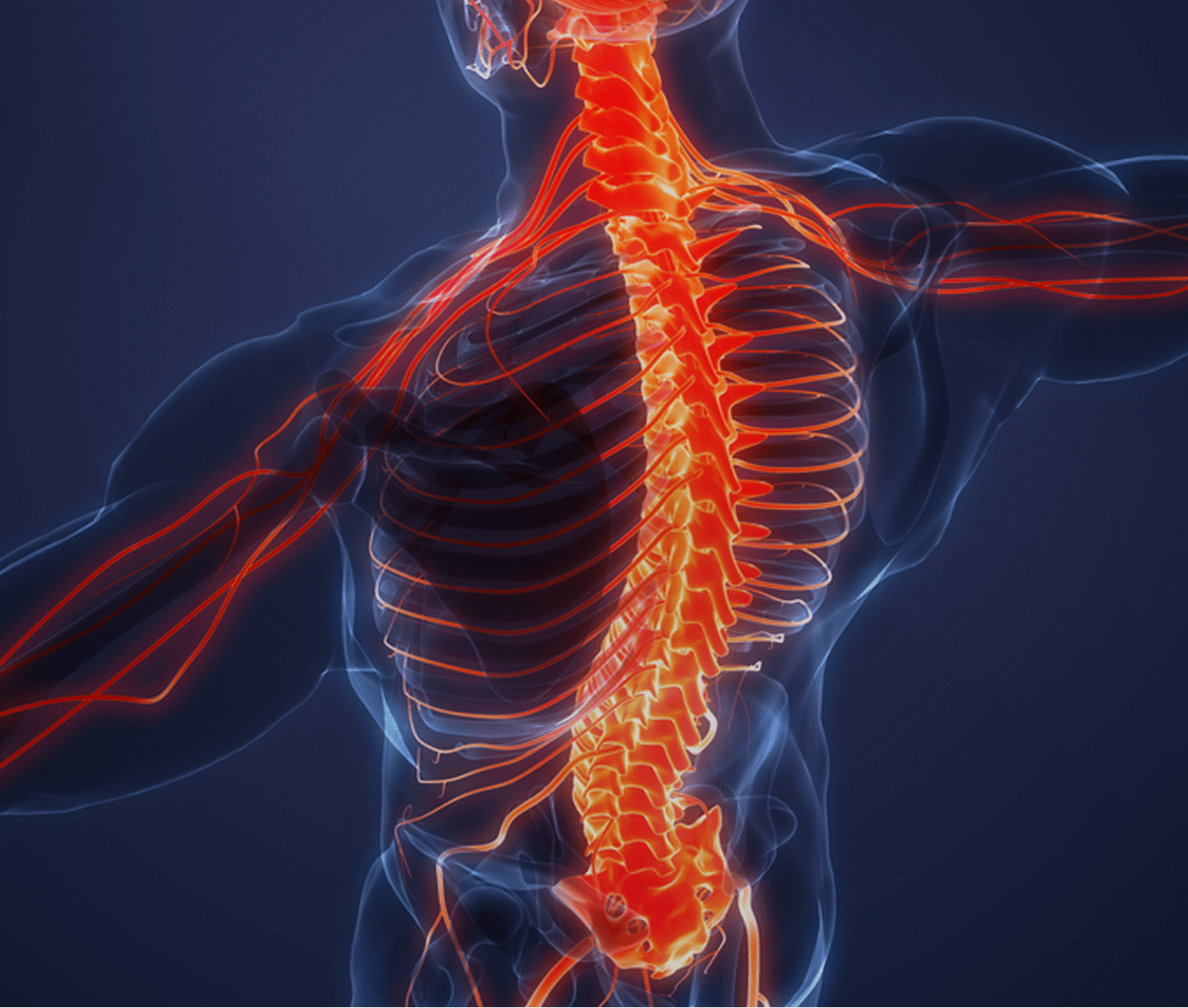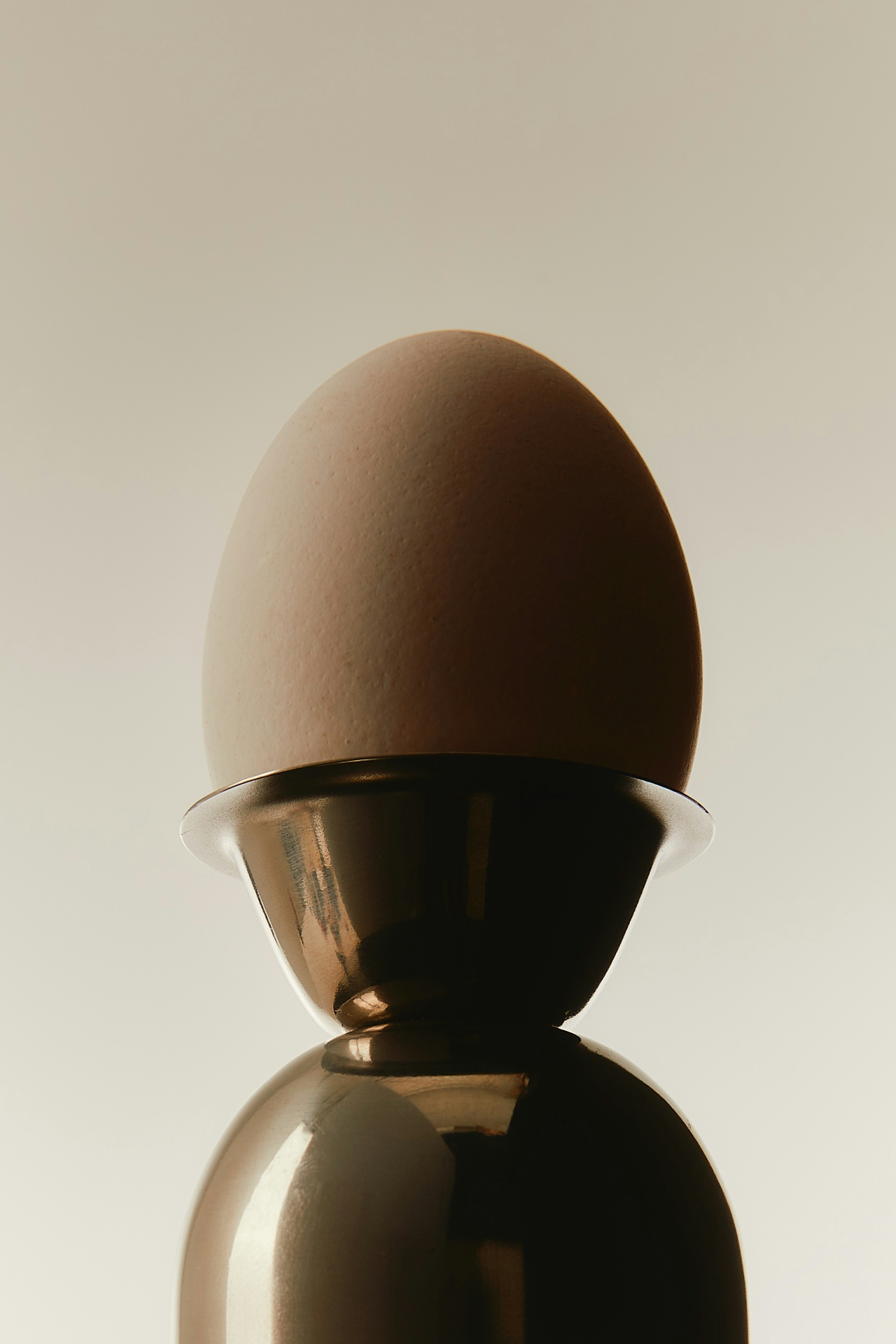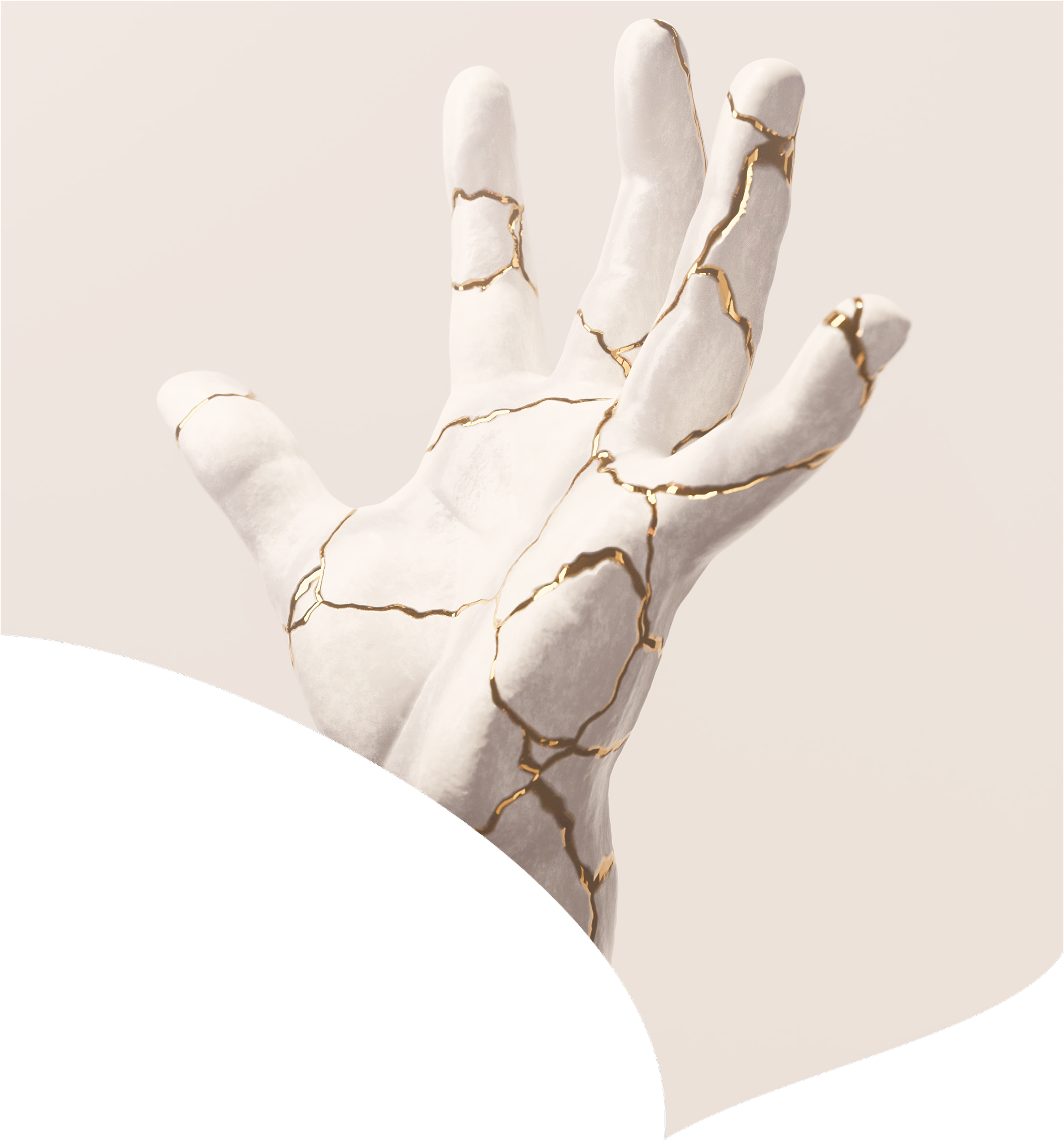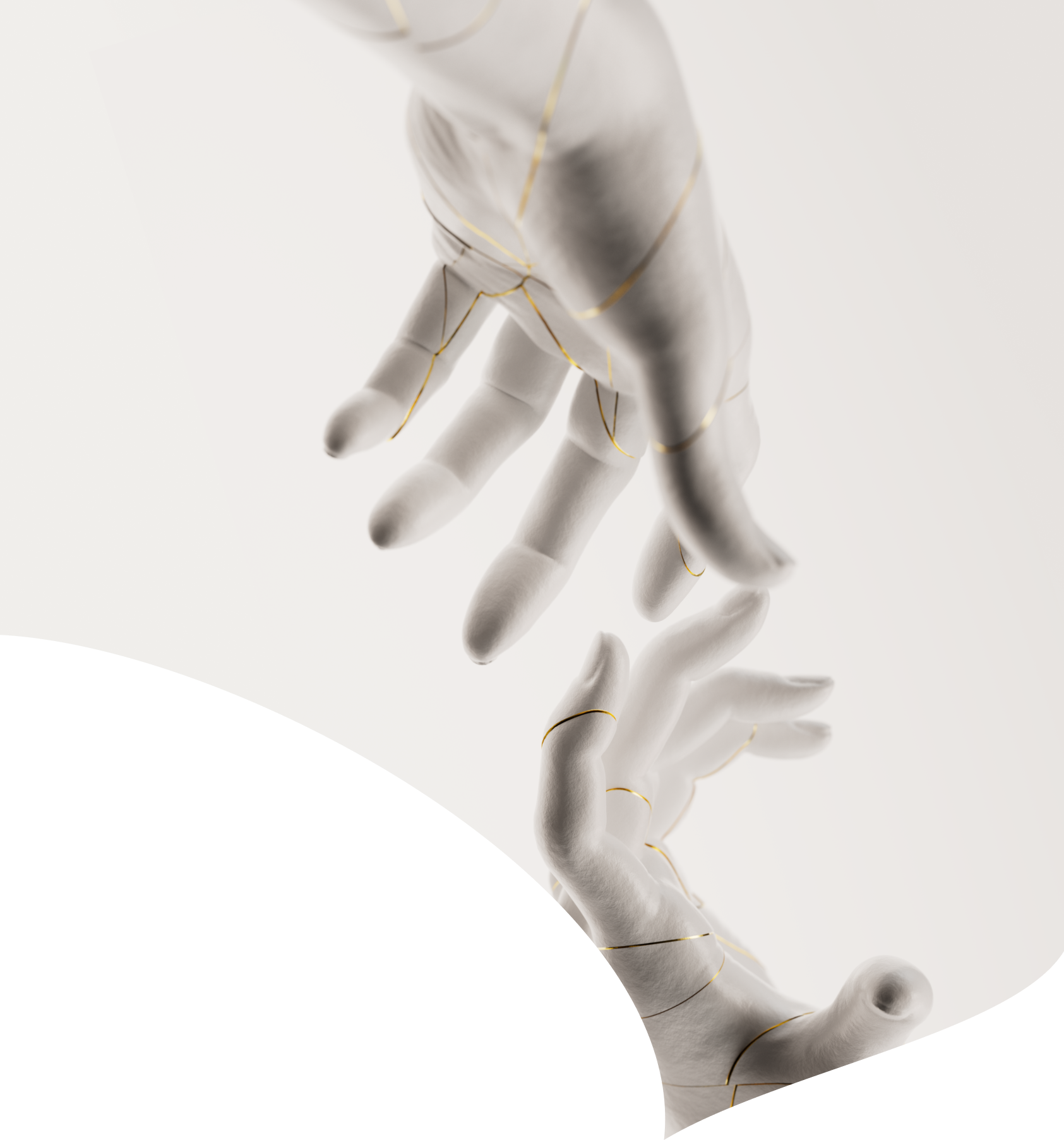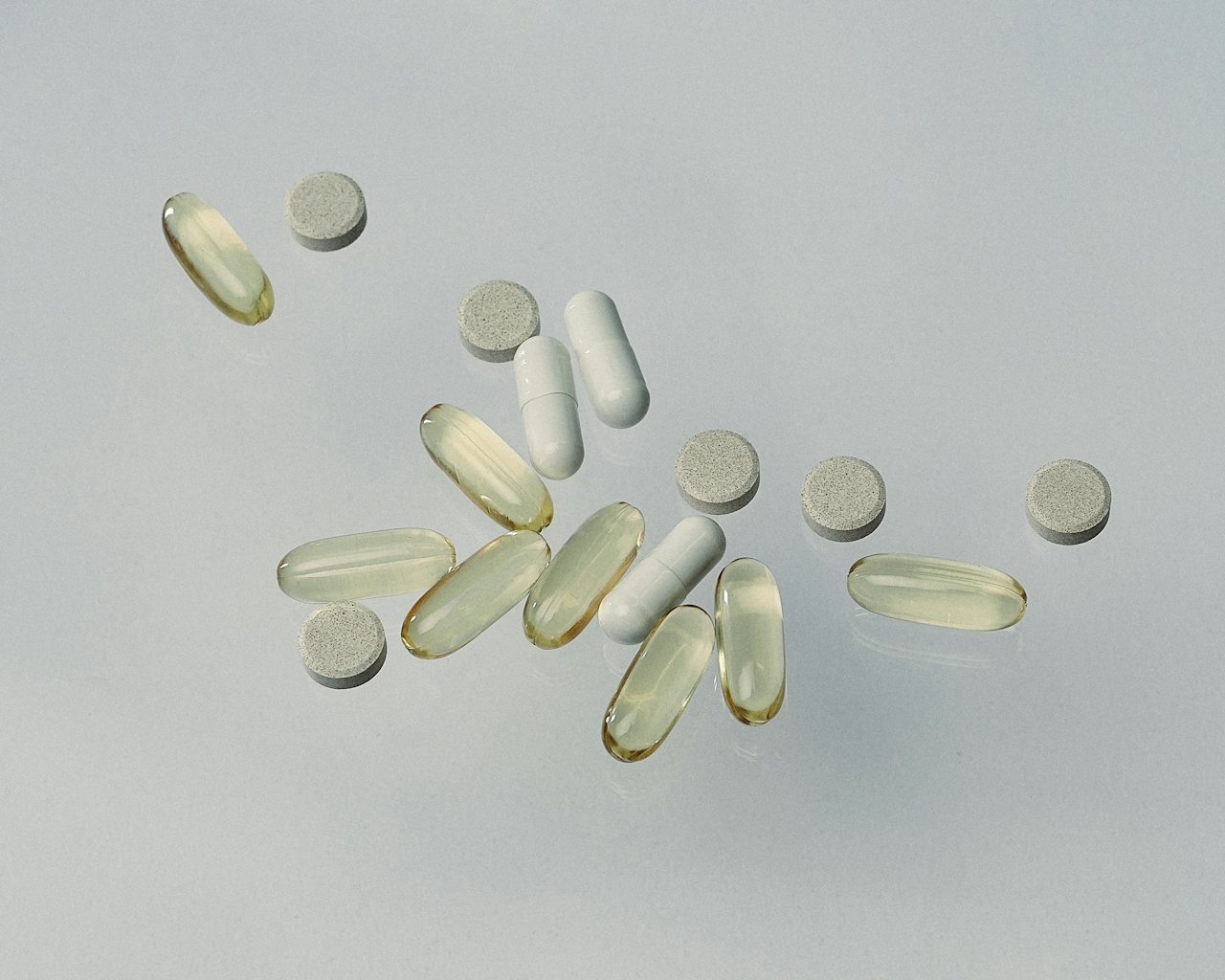
In our last issue, we went down the rabbit hole that is supplements. We compared the research, evaluated the data, and parsed through the talking heads on social media to give you a State of the Union on the most discussed supplements in health and longevity. But of course, individual questions remain. That’s why we bring in the experts.
Missed it? You can still catch up on Part 1 of The Supplements Issue.
Today’s expert is JJ Virgin—an acclaimed health and longevity pioneer with triple-board certifications, a spot in the Fitness Hall of Fame, and four New York Times best-selling books.
JJ has redefined what it means to age powerfully. Her globally recognized work focuses on the intersection of nutrition, strength building, and aging. She’s become one of the foremost voices on weight loss, protein, muscle health, and metabolic optimization.
She is the leader of two communities—one with over 1 million people following her wisdom on this and other powerful health topics—and a second with more than 10,000 health leaders, many of whom formulate their own supplements. She’s on the frontier of it all. If there's anyone who can answer your supplement questions, it's JJ.
QUESTION 1: If you could recommend only four supplements for a woman’s general health, which ones would you choose and why?
Over the years, I’ve tried just about everything when it comes to supplements. I’ve tested them on myself; studied the data; spoken with the top doctors, researchers, and formulators; and dug into the “why” behind the trends.
Here’s what I keep coming back to: The basics matter. And by basics, I don’t mean a multivitamin or whatever is trending on TikTok.
I’m talking about the vital, foundational nutrients. These are the supplements that address the actual health gaps we face as human beings and that go on to support the systems that are most at risk as we age. So if I had to narrow it down to just four foundational supplements all of us should consider for better energy, heart protection, muscle strength, stronger bones, and brain resilience—these are the ones I’m reaching for, every time.
As you read these, remember that everything in your body is interconnected. Your muscles, for instance, are your mood elevators! Your bones produce your white blood cells (and are integrally tied to immunity), and this goes on and on, literally from head to toe.
This short list isn’t built on hype. It’s about closing real gaps and addressing the biggest health threats, especially for women: cardiovascular disease, bone fractures, cognitive decline, and muscle loss.
Vitamin D3 + K2: The Bone + Heart Health Dream Team
Vitamin D3 helps your body absorb calcium—which is critical for bone formation and strength. That alone makes it important, but here's the kicker. Without K2 to direct that calcium into your bones, it can end up in your arteries, contributing to plaque build-up and cardiovascular disease. So it’s not just “what supplements,” it’s also understanding the puzzle.
- Helps modulate immune function, reducing the risk of autoimmune issues
- Reduces arterial calcification, when taken with K2, which protects your heart
- Regulates blood pressure, mood, and energy
- Supports bone density and reduces risk of osteoporotic fractures (which affect over 50% of women post-menopause)
This is evidence-based. Get a 25-Hydroxy Vitamin D Test. You want to land between 50–80 ng/mL for optimal health. Below 30 is considered deficient.
Most sources say to start with a daily dose of 4,000–6,000 IU of D3 with at least 100 mcg of K2 (MK-7). You may need more initially—especially in winter months, or if you’re using sunscreen religiously.
Magnesium: Your Ultimate Multitasking Mineral
Magnesium factors in over 300 enzyme reactions, and yet—due to poor soil, stress, and processed foods—most of us are running on empty.
While many of the manifestations of low magnesium are “stealth” (and can be easily thought of as normal), it’s just not okay to live with crappy sleep, sugar cravings, anxiety, tight muscles, constipation, and more serious health hurdles, like high blood pressure.
Magnesium helps to:
- Promote better sleep by calming your nervous system and relaxing muscles
- Lower blood pressure
- Support bone strength by helping regulate calcium and vitamin D
- Regulate insulin sensitivity, energy production, and mood regulation
And it’s not just for those trying to age powerfully. Magnesium also reduces PMS symptoms, including cramps and mood swings!
Your magnesium level is verifiable via a blood test, but you have to get the right one. Ask for an RBC Magnesium Test. It’s super accurate and measures what's inside your red blood cells.
With many different forms of magnesium out there, I personally go for magnesium glycinate or magnesium malate. They’re gentle, absorb well, and don’t send you running to the bathroom like magnesium oxide or citrate can. Aim for 300–400 mg/day, and take it in the evening to help you wind down and calm before bed.
Omega-3 Fish Oil: My Anti-Inflammatory Essential
If inflammation is the fire that drives most chronic disease, omega-3s are your factory-installed fire extinguisher. These healthy fats (EPA and DHA) are essential for everything, from heart and brain health, to hormone balance and joint support.
While we used to have a far more balanced omega-3 to omega-6 ratio, what we’re up against in our modern diets is often a 4x ratio of omega-6s (from seed oils, processed foods, etc.) vs. omega-3s. And that imbalance drives chronic inflammation. You can literally feel that in your joints, skin, brain, and even in your energy levels.
Omega-3s also support bone remodeling and reduce bone loss! This is vital for those in menopause or postmenopause. You’re not excluded if you’re young, either. Your bones are life-long and play a crucial role in well-being from womb to tomb.
Here are some other important benefits:
- Reduced inflammation, which supports joint, skin, and heart health
- Lowered triglycerides and improved HDL levels
- Boosted cognitive function and reduced risk of dementia
- And balanced hormones and improved mood
To verify where you’re at, you can do an Omega-3 Index test, a simple finger prick.
Look for triglyceride-form fish oil (not ethyl-ester) for better absorption. Your goal is 1–2 grams of combined EPA/DHA per day. And no—you can’t eat your way there, unless you’re eating clean, wild-caught fish 4–5 times a week.
Creatine: It’s Not Just for the Gym Bros
This one tends to surprise people, but it’s honestly the supplement I wish I had started taking way earlier in life: creatine.
Most people think of creatine as a muscle-builder for bodybuilders. But the truth is that its benefits go way beyond performance. And for women especially, it’s a total game-changer.
Here’s the catch: for years, creatine came packaged with monohydrate, which is notorious for causing bloating and GI distress. No thank you. In fact, a soon-to-be published study shows that 76% of creatine users experience digestive issues or water retention. That’s because creatine monohydrate only absorbs at around 15%.
But here’s the good news. There’s a new, much better option: Creatine HCl.
It’s more bioavailable—up to 7x better absorbed—so you need less of it. You don’t get the bloating, puffiness, or stomach upset.
Just all the benefits, like:
- Supporting lean muscle mass and strength (without the weight gain)
- Boosting brain energy, focus, and memory
- Improving cellular energy and reducing brain fog
- Helping maintain bone density by preserving muscle
- And possibly even lowering the risk of neurodegenerative disease
Fun fact: About 95% of your creatine is stored in your muscles, but the remaining 5% is in your brain. Research shows it supports cognitive performance, especially when you're under stress or not sleeping well.
Bottom line? Creatine HCl is one of the most underrated tools for women’s strength, brain health, and longevity—and now that we have a version that works without the side effects, it’s an easy yes in my daily routine.
QUESTION 2: What does the latest research say about supplements for joint and cartilage repair? Is the evidence strong enough to justify taking them?
I’m grateful someone asked this question, because joint issues have been my kryptonite.
I blew out my ACL when I was 17, had multiple knee surgeries in my 20s, and was told I’d need a full knee replacement by the time I was 30. Oh—and I broke my foot around the same time. It was misdiagnosed, and of course I worked out on it, thinking it was a sprain. So yeah . . . this has been a decades-long journey for me.
But here’s the thing: I was able to delay that knee replacement for over 25 years. I truly believe that’s because I got serious about what I was putting in my body—especially when it came to joint support. So let me walk you through what’s worked for me, what I’ve researched the heck out of, and what I wish more people knew.
First up: Collagen—and yes, you need Vitamin C with it.
Collagen makes up a huge part of your cartilage and connective tissue, but as we age, we naturally make less of it. Supplementing with high-quality collagen peptides—especially bioactive ones—can help reduce joint pain and improve mobility. And vitamin C? That’s your collagen booster. You need it to actually build new collagen, and it’s a powerful antioxidant to boot. I take them together, always.
Next: Ovomet®—a total game changer.
I’ve tried so many joint supplements over the years, but this one really got my attention.
Ovomet is made from eggshell membrane and it’s packed with the good stuff—types I, V, and X collagen, hyaluronic acid, glucosamine, chondroitin, elastin—all the key players in joint and cartilage health. What I love about it is that it’s bioavailable, and you get results fast. Some studies show pain reduction in as little as 3–10 days.
Pairing curcumin and boswellia.
These are two powerful anti-inflammatories. Curcumin has been shown in studies to be just as effective as NSAIDs for joint pain—but without the gut-destroying side effects. Boswellia works synergistically, to reduce stiffness and swelling. I’ve used these for years and they’ve made a huge impact.
And finally, L-Carnitine.
We think of this to support fat-burning and for brain and heart health, but it also helps joint cells make energy so they stay lubricated and flexible!
I’ve found that the combo of these supplements has significantly improved my joint function, while lowering my chronic pain and inflammation.
This is critical because the less you do, the less you can do. So you want to make sure that you are both reducing pain and improving mobility.
And you can absolutely feel a difference when you get it right. If your joints are bugging you—or you just want to stay active, mobile, and strong as you age—these are the tools I recommend. Not because they’re trendy, but because they’ve helped me delay major surgery, stay on my feet, and keep doing what I love.
QUESTION 3: Do supplements actually work?
And beyond anecdotal evidence, are there actual ways to test their efficacy?
You know, the old joke used to be, “Supplements just give you expensive urine.” And I always think, Hey, I think I’m worth expensive urine if it means I’m covering my bases and staying healthy!
But the truth is a lot of this is discernible. So let’s look at this more closely. When it comes to supplements, there are three ways to know if they’re working:
- First, you can test for it.
- Next, you can feel it.
- Finally, sometimes, you trust the process because it’s supporting your long-term health goals.
Overall, things like more energy and better immunity don’t happen by accident. We supplement to fill the gaps.
If you want the full picture, I recommend an Organic Acids Test (OAT)—a powerful way to see how your metabolic pathways are working and where nutrient deficiencies might be holding you back so that you can target your supplementation. Here are a few specific supplements I love, and how you can know where you’re at with them.
Vitamin D3: Whether you’re deficient or not is literally evidenced based. Just get a 25-Hydroxy Vitamin D Test. You want to land between 50–80 ng/mL for optimal health. Below 30 is considered deficient.
Magnesium: Your levels are verifiable via a blood test, but you have to get the right one. Ask for an RBC Magnesium Test—it measures what's inside your red blood cells (and is way more accurate).
Fish Oil: To verify where you’re at with this one, you can do an Omega-3 Index test (this is a simple finger prick).
Iron (if supplementing): Check your ferritin and full iron panel. If you have low thyroid function or hypothyroidism, it’s especially important to monitor your iron—low iron and low thyroid function often go hand in hand.
Urolithin A: This is the ultimate longevity compound, as it supports mitophagy, a specialized form of autophagy that selectively removes damaged or dysfunctional mitochondria to maintain cellular health.
It's a postbiotic compound—meaning your gut bacteria are supposed to convert certain polyphenols (from foods like pomegranates, berries, and walnuts) into Urolithin A. But only about 40% of people can actually make it. And if you can’t, you’re missing out on one of the most exciting longevity tools we have right now.
There are urine and blood spot tests that tell you whether you are one of the fortunate ones who can actually make Urolithin A. But even if you are, you would still need to eat enough of these foods on a daily basis to produce the optimal amount to support mitophagy. This makes it a must-have for your longevity stack.
This is a supplement that you can actually feel. After all, 90% of your cellular energy is produced by your mitochondria, and this is where Urolithin A works its magic! A double-blind, placebo-controlled study showed that Urolithin A significantly improved muscle strength (∼12%). Researchers also observed clinically meaningful improvements with Urolithin A on aerobic endurance (peak oxygen oxygen consumption [VO2]) and physical performance (6-minute walk test).
And as my own n of 1, I noticed that I was able to increase the amount I could lift at the gym and how hard I could push during my high intensity interval sessions.
NAD+ support: Some of the more reputable supplement companies have actually done the research, invested in third-party testing, and shown measurable increases in NAD+ levels, post supplementation. I suggest you do your research to find those studies and invest in those supplements! Quality is the name of the game here.
Creatine: This is one of those where there isn’t an actual test for effectivity levels, but you will definitely know it’s working by how you feel—hopefully higher energy, more strength, and better cognitive performance.
A great test for creatine is to try it for jet lag. Double your dose the day before you are heading into a time zone change and then stay on the double dose or even triple it, while you are adjusting. It's a game changer. Since discovering this hack, jet leg has become a non-issue for me. With the lower dosing of creatine HCl, this is 1.5-2.25 grams for jet lag or sleep deprivation.
Finally, let’s talk sourcing—because this is everything when it comes to supplements. You can’t just grab a bottle off a discount shelf and expect it to perform miracles. The truth is, not all supplements are created equal. The form of the nutrient, how it’s processed, where it’s sourced, and what it’s paired with . . . all of that matters. A lot.
Absorption is key. You can have the right ingredient, but what if your body can’t absorb and use it?
I see this all the time—people buying bargain bin fish oil that’s oxidized or magnesium in cheap forms that just give them digestive issues instead of results. And then they say, “Oh, that supplement didn’t work.” No—what didn’t work was the sourcing.
You get what you pay for. You deserve better than the clearance bin or a holiday promo at a big box store. This is your good life that we’re talking about—or not. This is your energy, your healthy bones, your brain, and your ability to be well and recover when you get knocked down.
Don’t skimp. Invest in high-quality supplements from trusted sources—ones that are clinically studied, transparently labeled, and backed by real science. Because when you do that, you’re not only adding years to your life (which is wonderful), you’re putting life in your years.
QUESTION 4: I went from no supplements to (after beginning a journey of research) what feels like a ton. Like maybe 6-10 pills depending on certain factors, and then 2-3 powders, on top of my powdered greens each day.
When is too much too much? How can I tell what I don’t need?
I understand why this question comes up. I’ve been there—and I’ve devoted the time to really dig deep and find the answer. The truth is that you take the supplement until the gap or health hurdle is no longer an issue.
In today’s world, however, that may not be possible. For instance, to get enough creatine, as a woman, you would have to eat at least a pound of rare red meat or fish or two pounds cooked a day. Add to that, to get enough Omega-3, you’d have to have clean, cold water fatty fish 4-5x a week. To get enough vitamin D, if you live above a certain latitude, it’s herculean at some times of the year. If you are in a sunny area, you need to have at least 20 minutes of sun exposure without sunscreen.
Our soil isn’t what it used to be. Even our organic foods may, themselves, be nutrient deficient. Our stress is higher. We’re exposed to way more toxins than any other time in human history. The list goes on and on.
So yes, your diet is the foundation. But there are certain things you’re just not going to get consistently or in therapeutic amounts through food alone. Supplements are a powerful addition for anyone truly on a health journey.
But when does it become too much?
It’s not about the number of pills or powders—it’s about whether they’re doing something useful for your body. Taking 6–10 capsules, a couple powders, and greens is totally fine if they’re targeted, high-quality, and aligned with your goals and needs.
Do the testing to get as much information as you can. Start with the data. What you measure and monitor, you can improve. There are some powerful, inexpensive tests that can tell you what your body might be missing and monitor if you’re getting results.
Here’s a summary of what we’ve discussed:
- Vitamin D: 25-hydroxyvitamin D test
- Magnesium: RBC magnesium
- Omega-3s: Omega-3 Index
- Iron: Ferritin and a full iron pan
And if you want a broader look, do an Organic Acids Test (OAT). That’s like popping the hood on your metabolism and seeing what’s working (and what’s not).
Remember that how you feel is also a powerful indicator.
You can’t test for some supplements, like Creatine HCl, but you’ll feel the results—more strength, better energy, better focus. Same with NAD boosters—you’ll notice the difference in how you show up.
So keep track. Consider keeping a health journal. How do you feel each day? Did you eat healthy meals? Are you getting the right kind of exercise and in the right amounts?
If you’re unsure about any of this (or all of it), this is where a great functional nutritionist can really help you dial it in.
Remember, find supplements that are amazingly sourced and highly bioavailable, otherwise you may in fact be investing in expensive urine. Ultimately, the most expensive supplements are the ones that don’t work! Personally, I’d rather invest in the right supplements and feel amazing than play small and save a few bucks—just to continue to feel tired, foggy, and inflamed.
The bottom line about supplements is this: Do the research, be intentional with your supplement stack, keep testing, and adjust as you go.
And remember, it’s not static—it evolves with you.
|
Disclaimer: This newsletter is provided for educational and informational purposes only and does not constitute providing medical advice or professional services. The information provided should not be used for diagnosing or treating a health problem or disease, and those seeking personal medical advice should consult with a licensed physician.
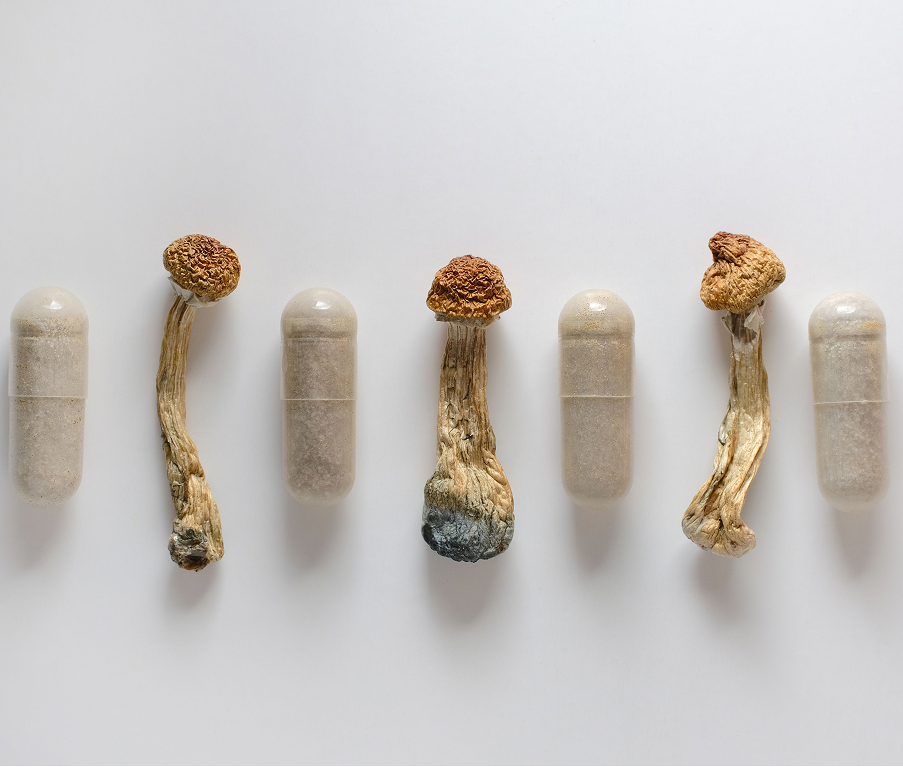
February 20, 2026
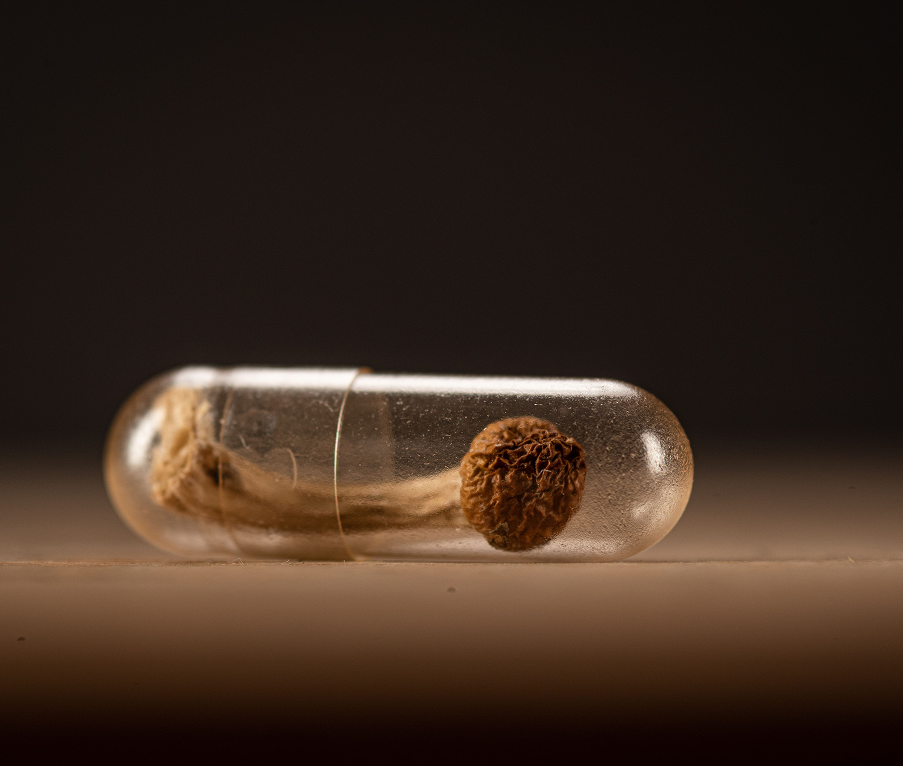
February 14, 2026

February 6, 2026

January 31, 2026

January 23, 2026
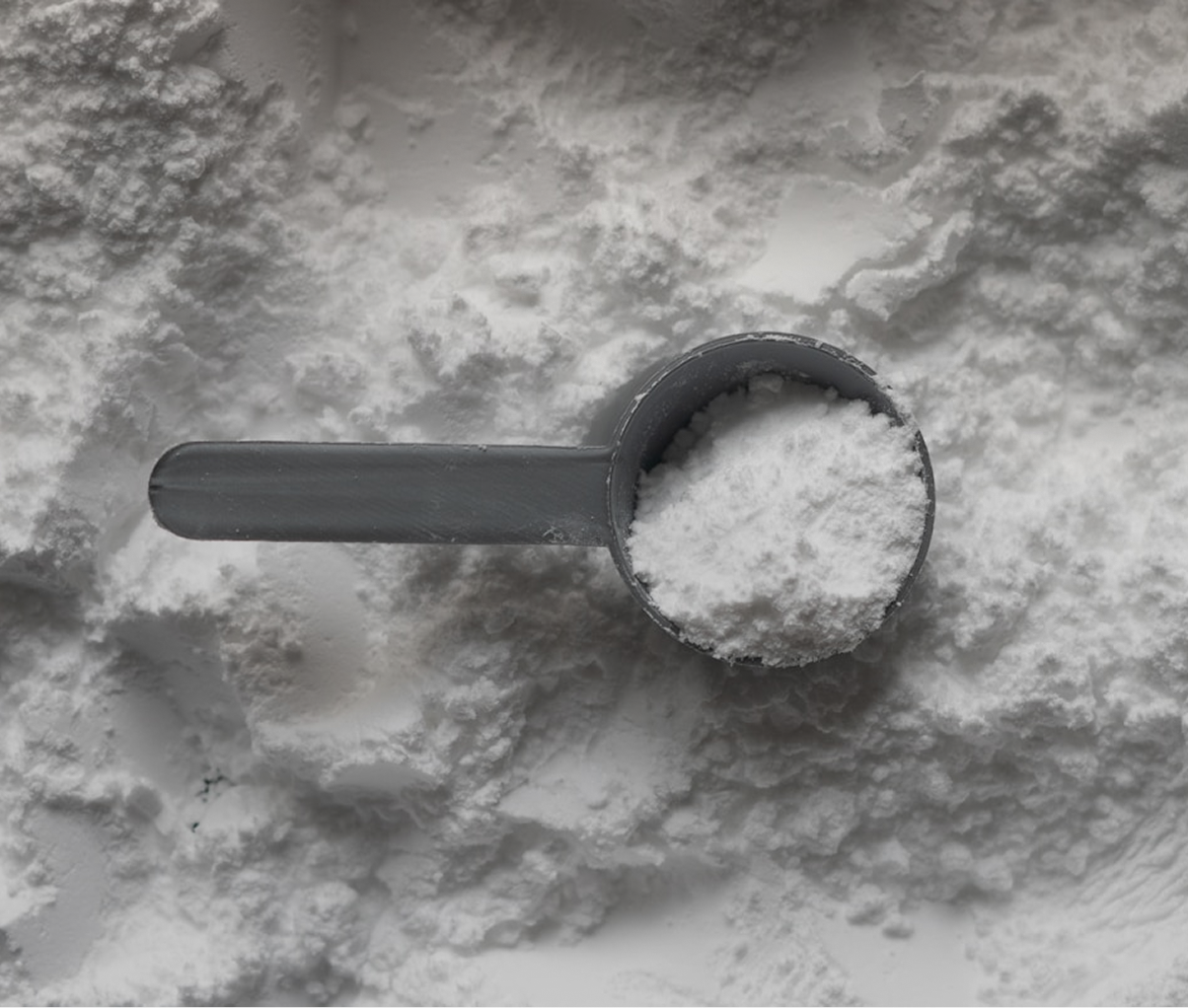
January 16, 2026

January 9, 2026






